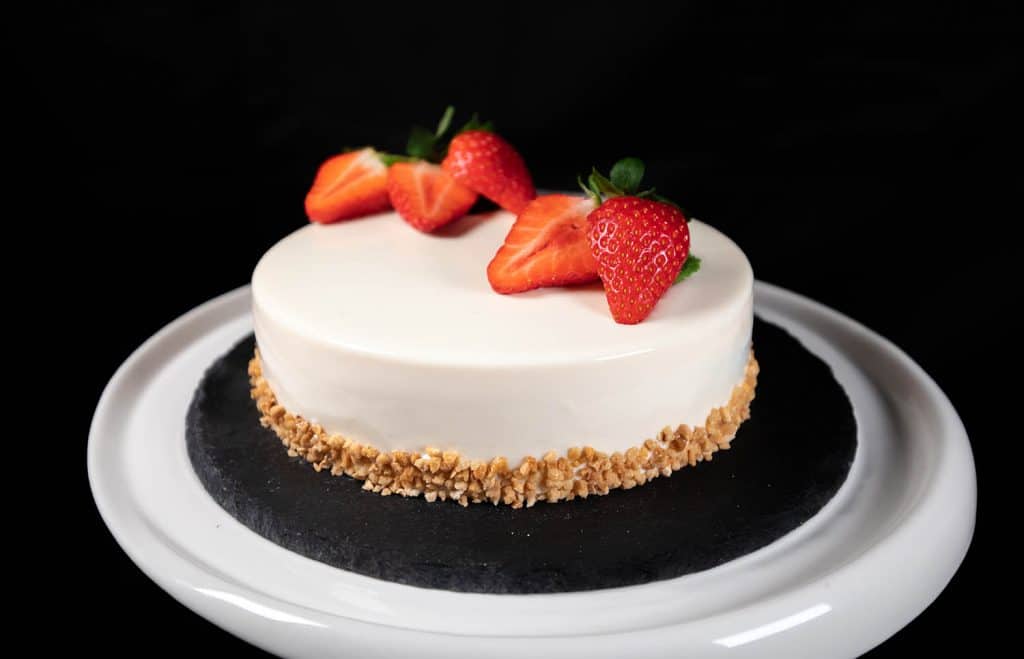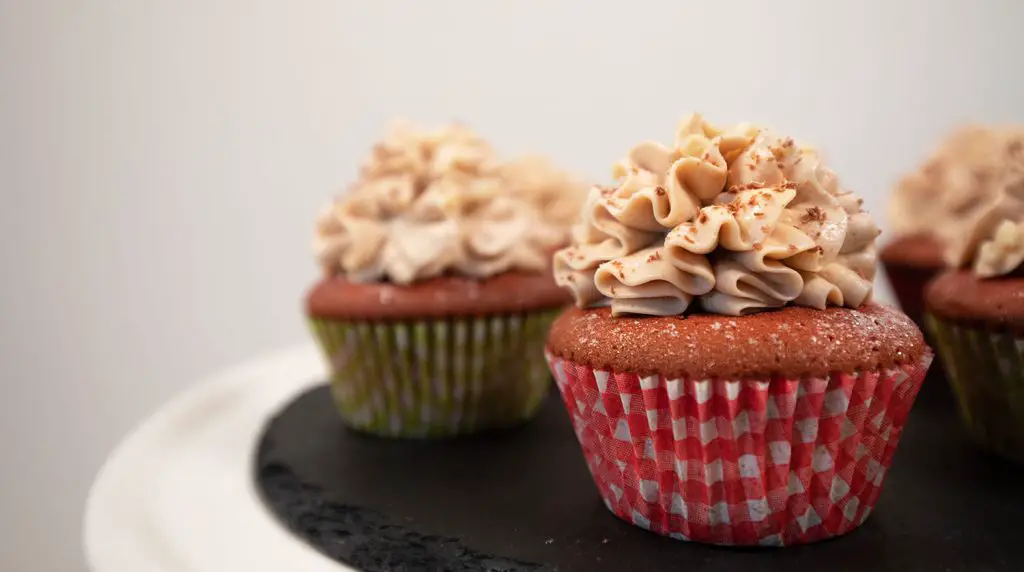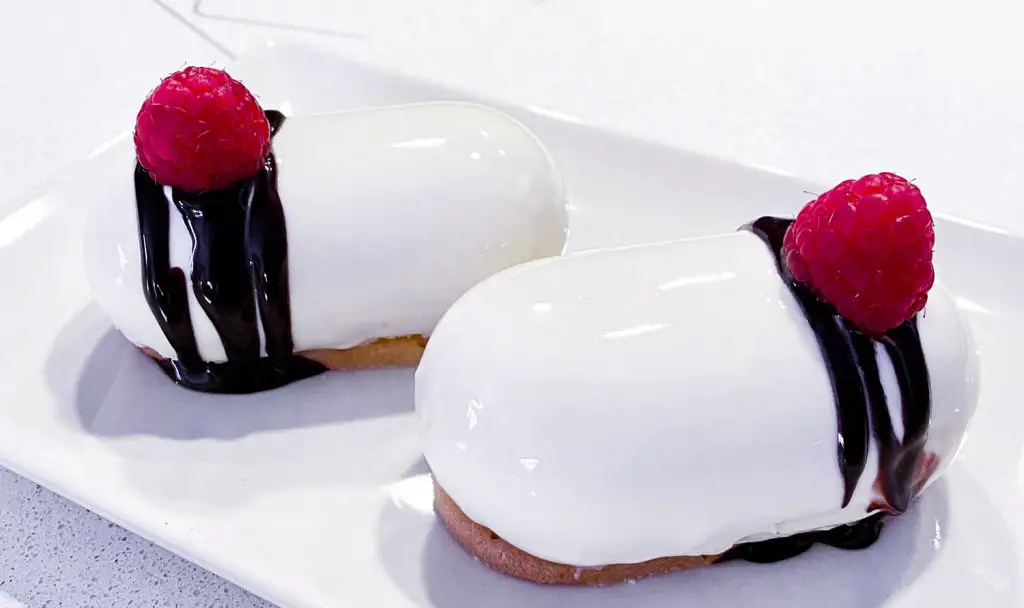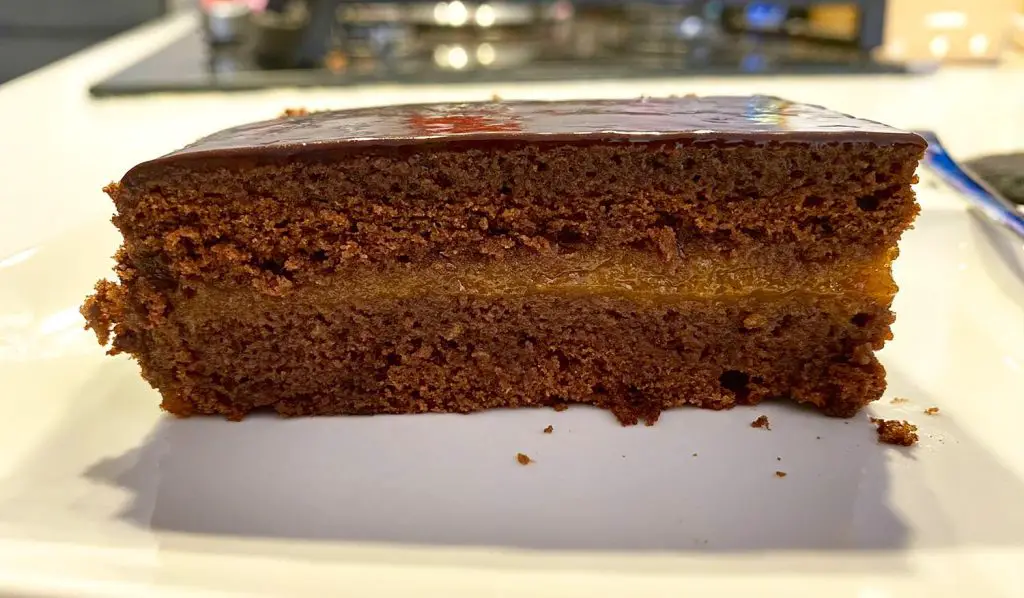Nothing is more fulfilling after a day’s work than eating a scrumptious creamy cheesecake with its sweet and decadent filling. It is usually seen and served in restaurants or even in homes, chilled in refrigerators, and a quick get-go for various people. For certified dessert lovers, cheesecakes are one treat that they couldn’t miss on, and as the matter of talking about expiring cheesecakes might be ridiculous, there are some situations that one can face.
Let’s get real about it. It is more convenient to buy a whole cheesecake and store it for future consumption or make a cheesecake in advance for a party you’re going to hold. Whatever the situation is, it is best to know how to store a cheesecake properly, the ingredients that make up it, and what effects it can give if it’s eaten when it’s spoiled.
What is a Cheesecake?
A cheesecake’s main ingredient is cream cheese; it is a dairy product with ingredients prone to spoilage: eggs, milk, sour cream, and a variety of additional ingredients (lemon, blueberry, strawberry, etc.) In-store cheesecakes also have artificial preservatives in them that inhibit bacterial growth.
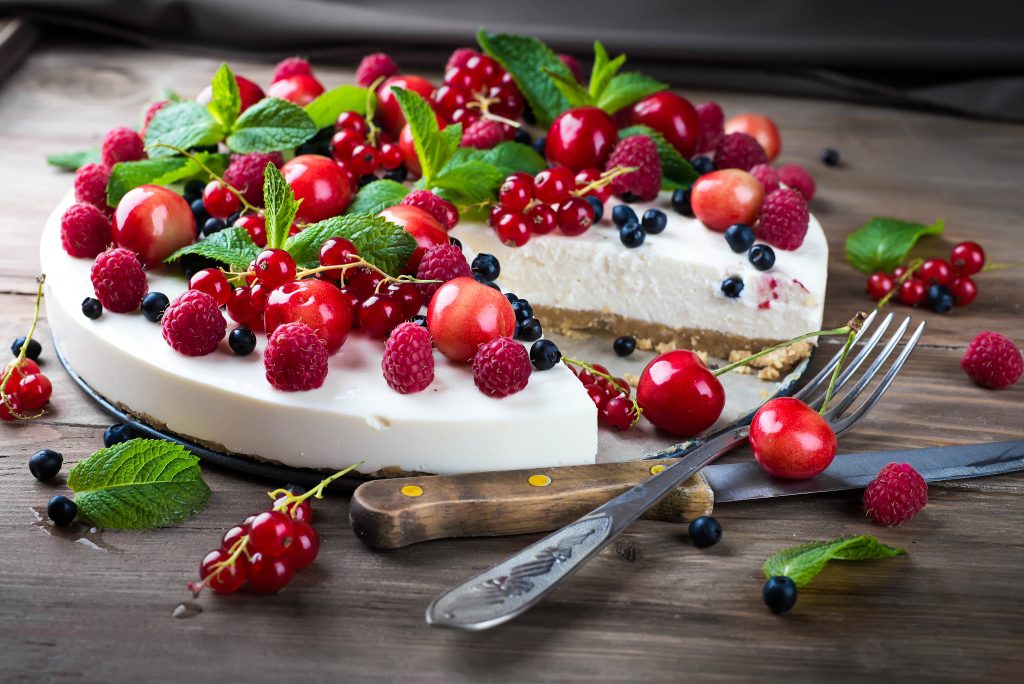
There are two main different types of cheesecakes—New York cheesecake and Italian cheesecake. A New York cheesecake uses a cream-cheese base with heavy cream or sour cream. It is a twice-baked cheesecake. On the other hand, the Italian cheesecake is made with ricotta cheese and is also a bit lighter and dryer. No-bake cheesecakes are also being popular nowadays for their over-the-counter ingredients and equipment.
As a cheesecake’s longevity depends on its ingredients, sometimes you might think that it’s better if you’ll make a homemade one. Preparing it is simpler—make a crust, pour it’s the creamy mixture from its ingredients, bake in an oven, and chill it over the fridge or in the freezer. Unlike most cakes, cheesecakes are known to be more delicious when they are chilled.
However, it’s tradition for desserts with eggs and milk to be safely baked between 150ºF and 160°F temperature and be cooled at room temperature before putting it in the fridge completely. This is due to the high protein and moisture content of these ingredients, which is bacteria-prone left at room temperature. Putting toppings on the cheesecake comes after this. Some of these favorite toppings are fruits, syrups, chocolate ganache, and even candies or cookies.
How Long Does Cheesecake Last?
A cheesecake can’t sit out on the fridge for a long time for certified dessert lovers. Various factors all sum up an expiration date for this dessert: the state it was in, the quality, its ingredients, and the weather in the area you are currently in. However, cheesecakes are still food that has expiration or sell-by dates attached to them. Generally, it is still advised to eat a store-bought cheesecake before its sell-by date written in its pack, but in situations where you can’t find it, you can lean on these standards:

- Unopened Frozen Cheesecake. A frozen cheesecake can take as long as 6-8 days at room temperature and 8 months on the freezer.
- Unopened Fresh Cheesecake. Commonly store-bought cheesecake has artificial preservatives imbued, making them survive until 6 days at room temperature and 8 months when taken straight to the freezer.
- Unopened Homemade Cheesecake. This type of cheesecake can vary from a no-bake cheesecake and a baked one. No-bake cheesecakes usually have a shelf life of 4-5 days in the fridge up to 3-8 months in the freezer, while baked ones can go on between 8 days into a long 8 months.
- Opened Cheesecake. It is ultimately risky as air can increase spoilage, but an opened cheesecake is still safe to eat up to 7 days in a refrigerator until 8 months in the freezer.
Storing a Cheesecake
As we often see in restaurants, cheesecakes are primarily stored in refrigerators. This is for these desserts to reach their peak deliciousness while they are chilled. Another reason is to prevent the cheesecake from becoming a breeding ground for foodborne pathogens like salmonella and listeria.
Listeria monocytogenes grows in moist environments even with temperatures as low as 0 °C, making it hard for humans to avoid it. Eating food with listeria monocytogenes is risky, especially for pregnant women, kids, and the elderly. Contracting an illness with listeria can lead to flu-like symptoms and, worst, to miscarriages. On the other hand, the salmonella bacteria come from contaminated foods that also bring illnesses to people who contract them.
Knowing these risks, the proper way of storing our favorite dessert makes it more of a priority. Nobody wants to eat a delicious but contaminated cheesecake. Take note of the following tips below to know how to store and prolong a cheesecake’s shelf life properly:
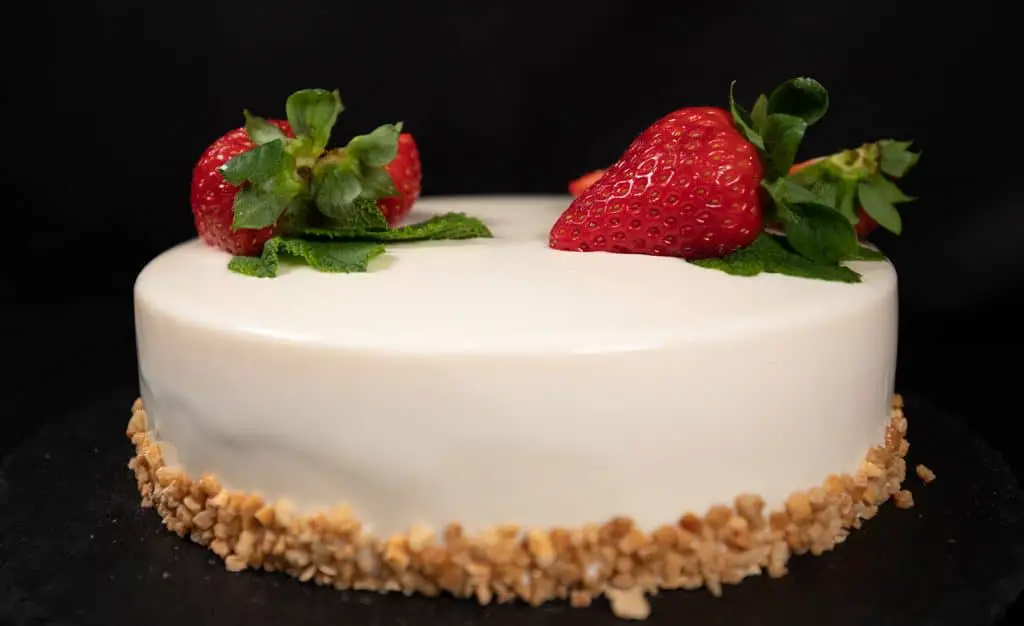
- Refrigerator Temperature. Dairy is the primary type of food to watch out for spoilage and food safety; leaving it out overnight can induce spoilage. A cheesecake thrives in cold environments and shouldn’t be leftover six hours outside the fridge. Store a cheesecake ideally in 40°F or 4.44 °C to prevent it from spoiling faster. Plus, the fridge is known to be the most ensuring way for freshness and food safety.
- Use a Freezer. If you want to keep the cheesecake longer, take it into the freezer. Not only is it cold, but it also maintains the cheesecake’s scrumptiousness. Freezing it can make it possible for the cheesecake to survive for weeks.
- Seal the Deal. Store-bought cheesecake leftovers must remain on their packages when it goes to the fridge. One can always use airtight containers, tightly sealed plastic wraps, and even aluminum foils. Aside from preventing odor from getting into the cheesecake, it also protects the dessert from the air and prevents it from drying out.
- Slice and Portion. Another way of storing a cheesecake is slicing it into pieces. In this way, you won’t have to take out the whole cake for a snack and risk everything to waste. Additionally, it also allows you to have more space in the fridge.
A Spoiled Cheesecake
Counting days for a cheesecake can be a bothersome task for some people, and that is why it is still best for a person to know how to look at its spoilage symptoms using their own senses:
- Changes in Texture. A well-conditioned cheesecake has a smooth surface with cheese that is soft. A spoiling cheesecake, on the other hand, has a stale crust and split edges.
- Changes in Color. The discoloration is always one of the signs of spoilage. Gray spots or a cake having an unpleasant yellow color may be a sign of bacterial growth.
- Foul Smell. A cheesecake’s bad smell indicates bacterial activity. Do not hesitate to throw it away as it can lead to different diseases and may affect other foods.
- Presence of mold. This is a sure sign of spoilage. Molds are born out of moisture which is common for unrefrigerated cheesecakes. Be sure to check every spot as not every mold is visible.
Summary
Cheesecakes are one of the most vulnerable desserts out there. To prevent facing problems, make sure to eat it before it expires. Check for its sell-by date, and don’t let it sit out for three days or more. Refrigerate or freeze the dessert to prolong its shelf life. After this, it is still best to use your own intuition and senses in determining if a cheesecake is still good enough to eat. Always remember, health is more important than everything.
More Pastry Tips and Recipes:


